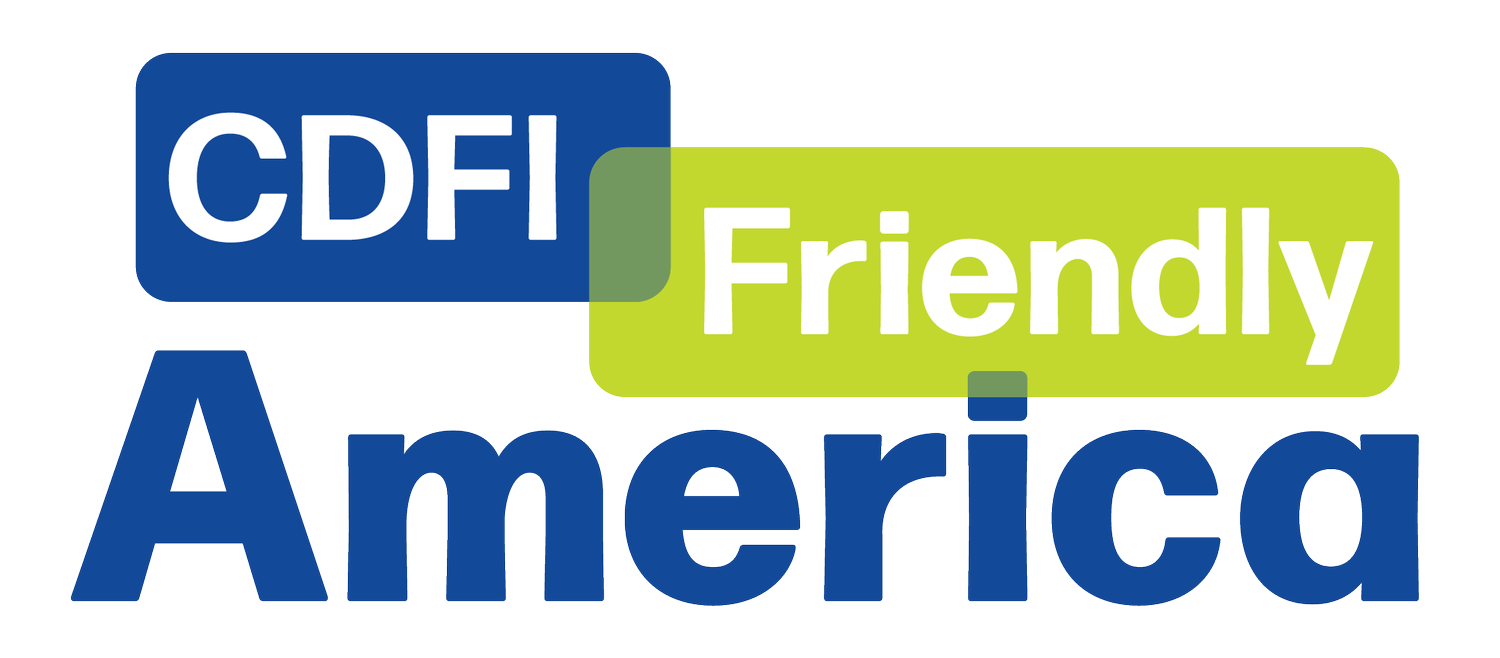What are Food Deserts and How do CDFIs Help Address Them?
Access to fresh and affordable food should be a basic human right, but there are many places in the U.S. where grocery stores are few and far between. These areas are often referred to as food deserts, and are more common in low-income communities, communities of color, rural, and urban areas. People in urban food deserts may need to use multiple forms of public transportation to get to a supermarket, while those in rural food deserts without access to a car may resort to buying groceries from dollar stores or mini-marts, which typically don't carry fresh produce. The US Department of Agriculture estimated in 2022 that approximately 39 million people, or 39% of the American population, are living in food deserts across the country.
Community Development Financial Institutions (CDFIs) help communities facing these problems by investing in food access projects, often financing grocery stores via small business and real estate loans. Many CDFIs, including Foodshed Capital, Capital Impact Partners (CIP), and others receive funding through the Healthy Food Financing Initiative (HFFI)–a private-public funding program administered by the Reinvestment Fund on behalf of the USDA. These projects increase the livability of communities and often alleviate financial and health burdens associated with food deserts.
The grants, loans, technical assistance services, programming, and general support for food access projects look different across the industry. For example, Foodshed Capital has funded a woman-owned farm that supplies fresh produce to underserved neighborhoods, addressing both food insecurity and community health. As a CDFI, their financing is dedicated to “[building] a more equitable and regenerative local food economy through affordable, flexible financing and zero-cost business support.” They have provided over $4 million in loans towards food access and farm financing.
CIP has taken a different approach. Through HFFI funding, $112 million has been invested in opening grocery stores, mobile markets, and community markets. CIP has facilitated the creation of over 32,000 jobs nationwide with the aim of enhancing access to healthcare, education, and affordable housing, all things that impact people in food deserts. CIP has boosted healthy food access and economic development that combats food deserts by creating programs like the California FreshWorks Fund. Between 2011 and 2016, the FreshWorks Fund deployed $60 million in support of food-access projects, including 16 grocery stores across California, adding over 100,000 square feet of retail space, creating or retaining more than 1,200 jobs, and improving food access for approximately 730,000 people.
Through such investments, CDFIs can promote sustainable community development while tackling food insecurity, supporting local agriculture, and improving public health. These projects also help strengthen supply chains, making community food systems more resilient and, ultimately, cycling more money back into local economies. CDFIs play a critical role in enhancing food security, reducing hunger, and promoting healthier eating habits in underserved areas.
Addressing food deserts requires a multifaceted approach, including improving transportation infrastructure, incentivizing supermarkets to open in underserved areas, and supporting local food initiatives like farmers' markets and community gardens. CDFIs are continuing to help improve communities address these issues; however, eliminating food deserts in the United States is a complex challenge that requires more investment and coordination than CDFIs alone can handle. The HFFI was established in 2010 and, by 2018, it had awarded $220 million in grants and leveraged approximately $1 billion through private investments, supporting around 1,000 businesses in 35 states. Yet, food deserts persist. Increasing the capacity and reach of CDFIs as well as more investment from banks, corporations, foundations, and the government will help target these issues while increasing the resilience of food systems throughout the country.
Read more about food deserts and some of the CDFIs that help combat them:
https://cdfi.org/2020/06/14/cdfis-create-access-to-food-during-times-of-distress/

